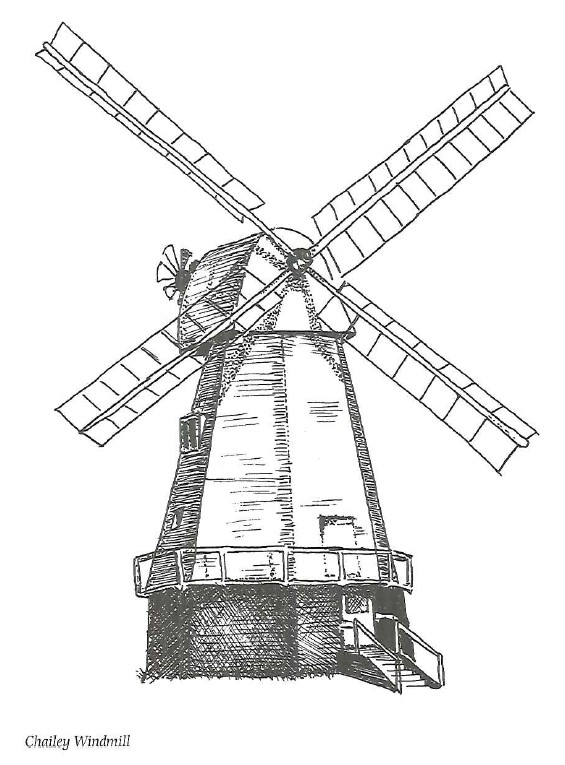People still have bitter sweet recollections of Fiery Fred, the terror of Falmer Pond. Fred was a swan with a mean streak who took to attacking visitors to his watery domain, chasing after them with a great flapping of wings and snapping at their ankles with his beak.
There were complaints, and the question of what to do to curb the bird’s belligerent character was discussed by the parish council in the early 1970s. Members decided drastic steps would have to be taken before somebody was seriously injured, so it was decreed that Fred should be banished from the village. He was transported to a new, more remote pond near Poynings in West Sussex where he would have fewer opportunities to take out his foul temper on humans. By all accounts Fiery Fred simmered down, raised a family and lived happily ever after. Today’s pond residents are a much tamer bunch: ducks, geese and a collection of seagulls who prefer it to the beach at Brighton.
It was the pond, once 16 feet deep and positively dangerous until it was partly filled in, that gave the village its name (though locals are quick to point out that the early origins were Faelmere, not Foul).
War memorials come in all shapes and sizes, but there are not many in the county that come in the form of a horse trough. It now serves as a flower bed and when the inscription stone became badly worn local craftsman Owen Williams sculpted a new one for a rededication service in May 1985.
This is a divided village, not in a social sense but physically. Road widening in the 1970s meant the demolition of six cottages and now the busy A27 cuts right through the community with only a pedestrian bridge to span the chasm. It was not a popular project when work began, but residents have come to terms with progress and will admit that pedestrians are at least safer now than they were in the old days.
Rapid change has become a way of life here, the road widening being preceded by the construction of Brighton Polytechnic and Sussex University on Falmer’s doorstep.
The journalist Godfrey Winn, who had a regular column in the Daily Mirror for many years, lived in the Mill House. It was more than just a bolt-hole in the country to him; he took an active part in community life, and one particular fete he organised to raise money for the church is still talked about. He died here in 1971.
